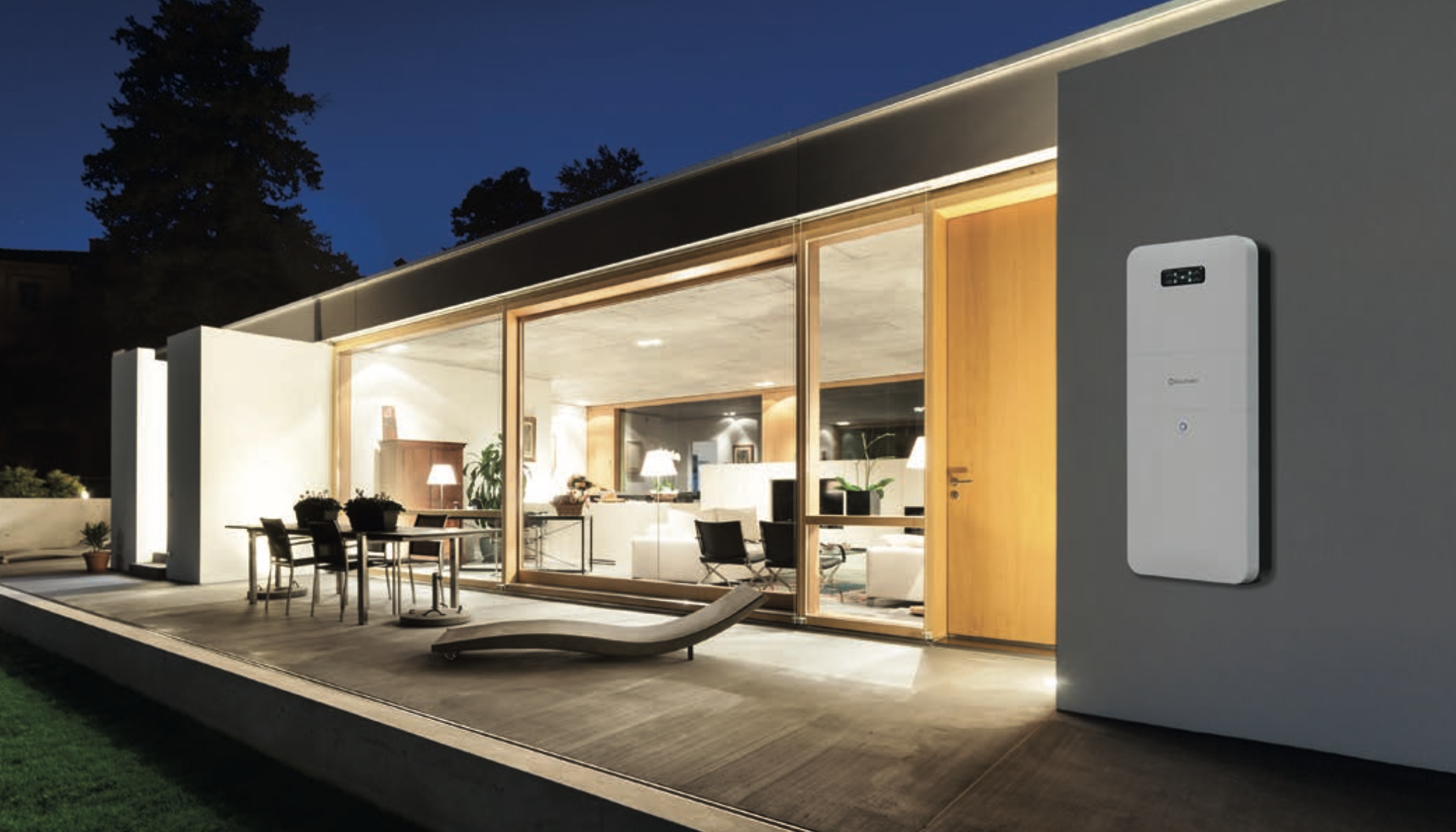Do you know the difference between AC and DC coupled connections? Is it even relevant to most people thinking of investing in energy storage? What does an AC battery do when compared with a DC version? Which is best for back-up power in a power outage? These are just some of the questions people regularly ask and why we’ve decided it’s a topic worth discussing.
The main driver for DC over AC coupled is efficiency. At up to 99% efficiency for DC over an estimated 90% for AC Coupled, it’s the obvious choice. That coupled with a lower installation cost and the flexibility you have with expandable modules. But that’s not all. The differences when dealing with back-up power supply are what the make DC coupled batteries the real winners.
Back-up power is a major decider in the energy storage arena. A must for anyone living in an area with an unstable power supply. Countries, such as South Africa, have a notoriously unstable grid and their power companies rely on regular rolling blackouts or load shedding to keep the pressure off the unstable power network.
Luckily, not everyone has to deal with that level of instability. But the reality is, many countries have outdated power grids that simply weren’t designed to deal with the demands of modern-day energy use. Alongside ‘mother nature’ and weather phenomenon, it becomes a point to consider regardless of location.
Recently, there were severe storms in the Dandenong Ranges area of Victoria, Australia. This caused chaos for many homes. Power went down for some weeks during a particularly powerful storm. Some families were lucky enough to have battery back-up supply and made good use of it. They utilised their stored power during the power outage, often helping their neighbours out too.























